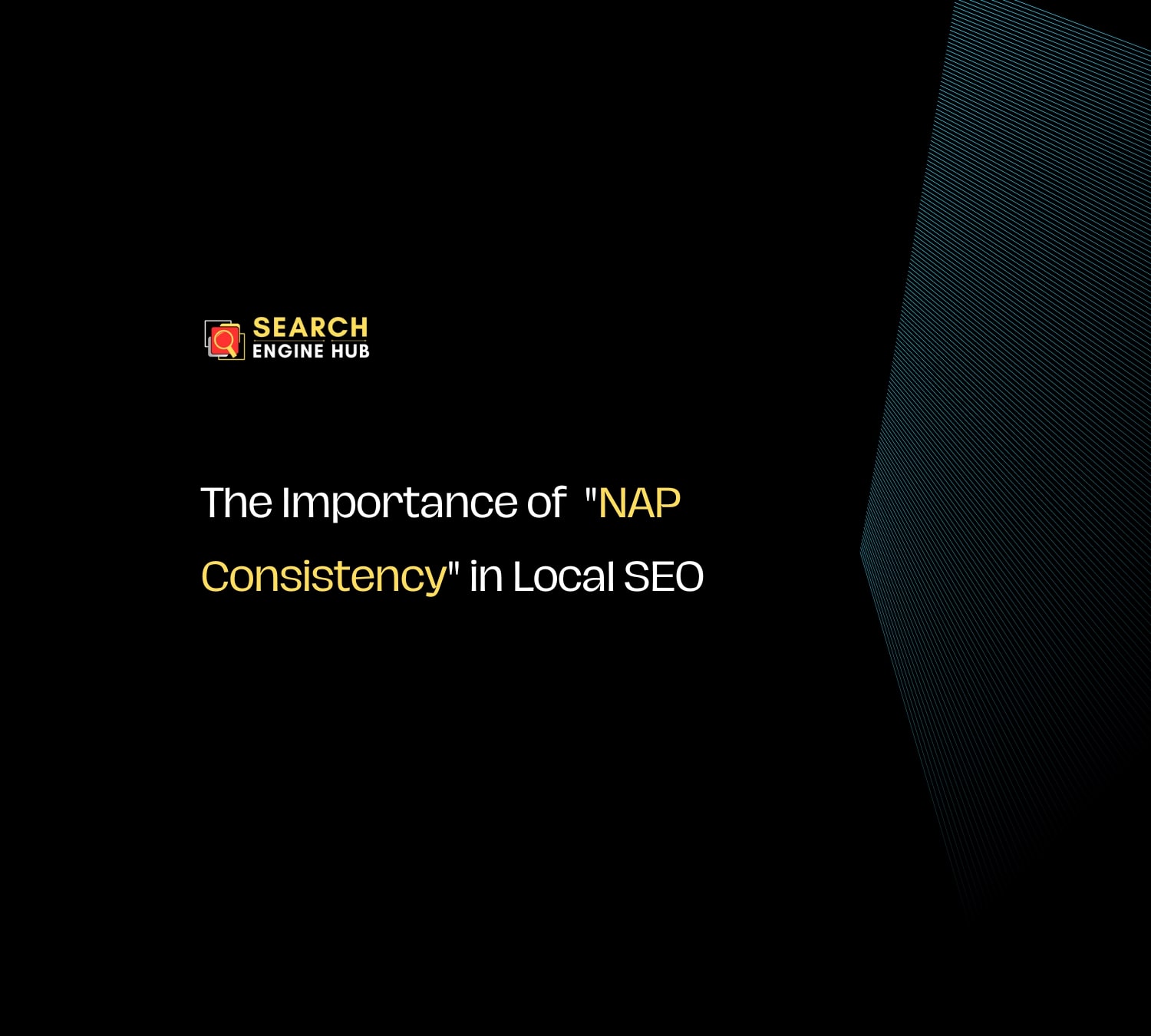Running a restaurant means more than just serving good food. It’s about making sure people in your area know you exist. Every day, potential customers search online for places to eat. If your restaurant isn’t visible in those searches, you’re missing out on business. Local SEO ensures that when someone nearby searches for a restaurant, yours appears first. It helps increase reservations, takeout orders, and foot traffic.
Unlike general SEO, local SEO targets people actively looking for dining options in your area. This guide breaks down key strategies to help your restaurant rank higher, attract more diners, and stay ahead of competitors.
1. Optimize Your Google Business Profile (GBP)
Google Business Profile is a major factor in local SEO. A complete and accurate listing enhances search visibility and builds credibility.
Steps to Optimize GBP
- Claim and verify your business listing
- Keep business name, address, phone number (NAP), website, and hours updated
- Add high-quality images of food, interior, and exterior
- Highlight services like dine-in, takeout, and delivery
- Use Google Posts for promotions, menu updates, and events
- Respond to all reviews to build trust and engagement
- Monitor GBP insights to understand customer interactions
2. Improve Your Restaurant Website’s On-Page SEO
A well-optimized website improves search rankings and user experience, making it easier for customers to find key details.
Key On-Page SEO Practices
- Use location-based keywords naturally in titles, meta descriptions, and content
- Ensure fast-loading pages by optimizing images and reducing unnecessary scripts
- Provide clear navigation with easy access to menus, hours, and contact details
- Implement structured data (schema markup) for rich search results
- Integrate a seamless online reservation and ordering system
- Include an FAQ section addressing common questions like dietary options and parking
3. Maintain Consistent Business Listings and Citations
Accurate and uniform business information across directories strengthens SEO and customer trust.
Where to List Your Restaurant
- Google Business Profile
- Yelp, TripAdvisor, OpenTable, Zomato
- Facebook, Instagram, LinkedIn
- Local food blogs and directories
Tips for Managing Listings
- Ensure NAP details are identical across all platforms
- Regularly audit listings to remove outdated or duplicate entries
- Use tools like Moz Local, Yext, or BrightLocal for citation management

4. Leverage Content Marketing to Attract Local Customers
Publishing localized and relevant content helps restaurants improve search rankings and engagement.
Effective Content Ideas
- Announce seasonal menu changes and food trends
- Share behind-the-scenes stories featuring chefs and staff
- Highlight local sourcing of ingredients and sustainability efforts
- Create dining guides for special occasions and local events
- Feature user-generated content like customer reviews and photos
5. Strengthen Social Media Presence
Active engagement on social media improves brand awareness and local SEO.
Best Social Media Practices
- Post regularly on Instagram, Facebook, and TikTok
- Use geotags and location-based hashtags to improve visibility
- Encourage customers to tag your restaurant in their posts
- Feature customer testimonials and review highlights
- Run location-targeted ads to attract new diners
6. Manage Online Reviews and Reputation
Customer reviews impact local search rankings and influence potential diners.
How to Handle Reviews Effectively
- Encourage satisfied customers to leave reviews on Google, Yelp, and TripAdvisor
- Respond to negative feedback professionally and offer solutions
- Analyze reviews to identify trends and areas for improvement
- Feature positive testimonials on your website and social media

7. Build Local Backlinks for Higher Authority
Backlinks from reputable sources help improve search rankings and credibility.
Ways to Earn Local Backlinks
- Partner with food bloggers and influencers for restaurant reviews
- Collaborate with local businesses for joint promotions
- Sponsor local events and food festivals for media mentions
- Get listed in regional dining guides and tourism websites
8. Optimize Your Website for Mobile Users
With most restaurant searches happening on mobile, a seamless mobile experience is essential.
Mobile Optimization Checklist
- Ensure a responsive website design that adjusts to all screen sizes
- Optimize images and scripts for fast-loading pages
- Enable click-to-call and click-for-directions buttons for convenience
- Streamline online ordering with a mobile-friendly interface
- Test your website regularly on different mobile devices
9. Track SEO Performance with Analytics
Measuring SEO success helps refine strategies and improve results.
Essential Metrics to Monitor
- Website traffic and conversion rates through Google Analytics
- Google Business Profile insights including views, calls, and bookings
- Keyword rankings and local search performance using SEMrush, Moz, or Ahrefs
- Social media engagement rates and referral traffic
- Review volume and sentiment analysis
Final Thoughts
Running a restaurant is demanding, and getting noticed in a crowded market is tough. You need more than good food—you need customers to find you when they’re searching for a place to eat. If your restaurant isn’t showing up in local searches, those customers are going elsewhere. Keeping up with reviews, business listings, and search rankings takes time most restaurant owners don’t have.
If managing this feels overwhelming, Search Engine Hub PH can help. Our team specializes in local SEO for restaurants, helping you get found and stay ahead. Check out our seo pricing plans to see how we can support your business.




